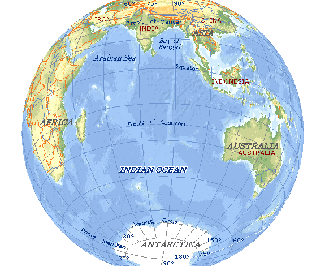" DAYAN JAYATILLEKA (Sri Lanka) said Sri Lanka was situated in a volatile part of the world that included two nuclear weapon States. Sri Lanka therefore had a vested interest in the themes and objectives of the Conference on Disarmament.
But he had listened to the speeches this morning with a growing sense of unreality. He was reminded of a statement attributed to both Hitler and Stalin "What's mine is mine, what's yours, let's negotiate". That attitude would not ensure progress in the Conference. If there were States that had not come "on board", it was inaccurate to say that there was international consensus.
There was some consensus, but it was obviously not international consensus. That was not because they had run out of time; it was because they had serious differences of opinion. That was true about document CD/2007/L.1, and other issues raised today. Great progress could not be expected on the basis of agreements forged during the period of d�tente.
They could not expect their great Asian friends to come on board the consensus that was supposed to exist, without speculation over whether they constituted the new enemy.
Progress would not be made on the Fissile Material Cut-off Treaty (FMCT) issue if they continued to demonize one or two States in a volatile arch of crisis, forgetting that there was at least one State with a long-standing nuclear stockpile, and which had invaded almost all of its neighbours.
Progress could not be made while there was talk of unilateral strikes on certain States, including strikes with low- yield, tactile nuclear weapons. None of that would work.
Sri Lanka and the Group of 21 certainly did not believe in the moral superiority of certain countries that had invaded others on the basis of an outright lie. In the view of the Third World, what was needed was realism and new thinking � a new paradigm � one that frankly addressed the concerns of all, and that eschewed threats and moral grandstanding."


